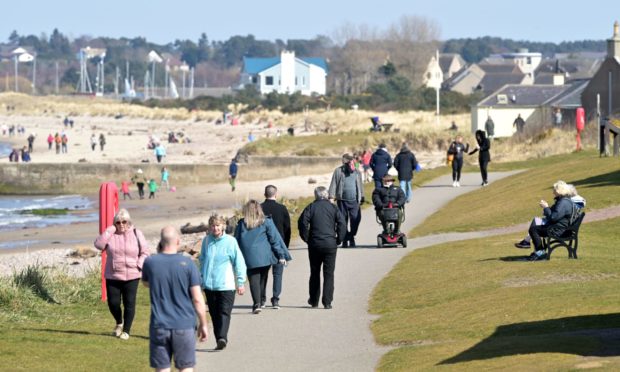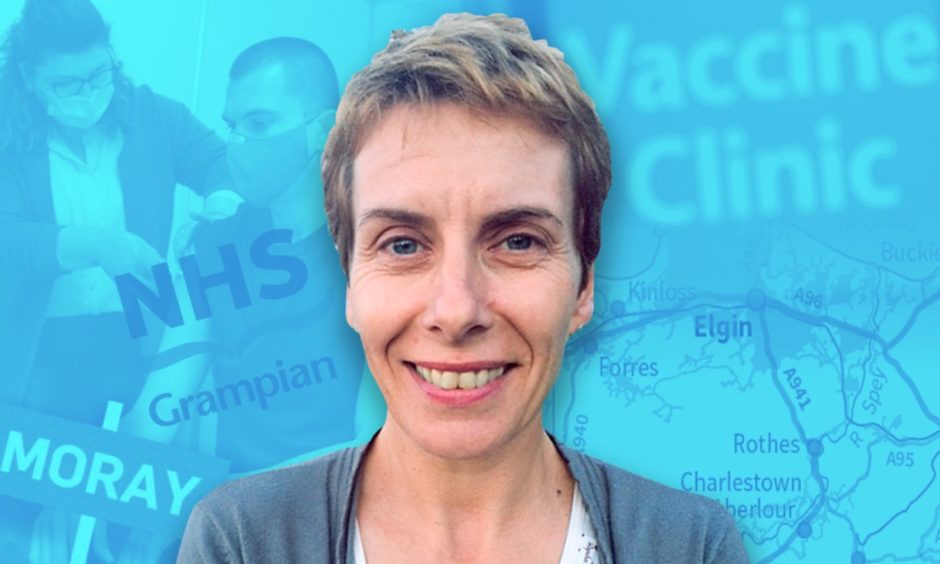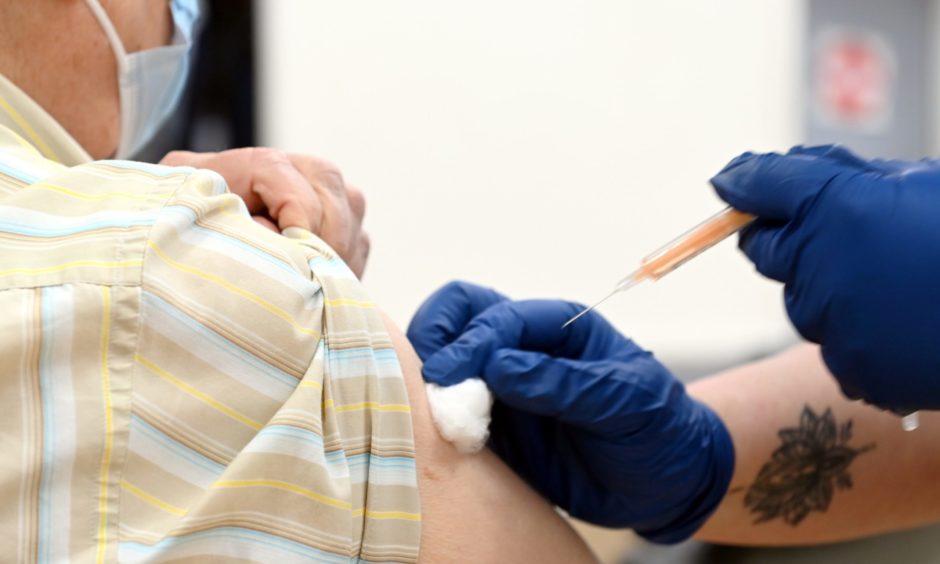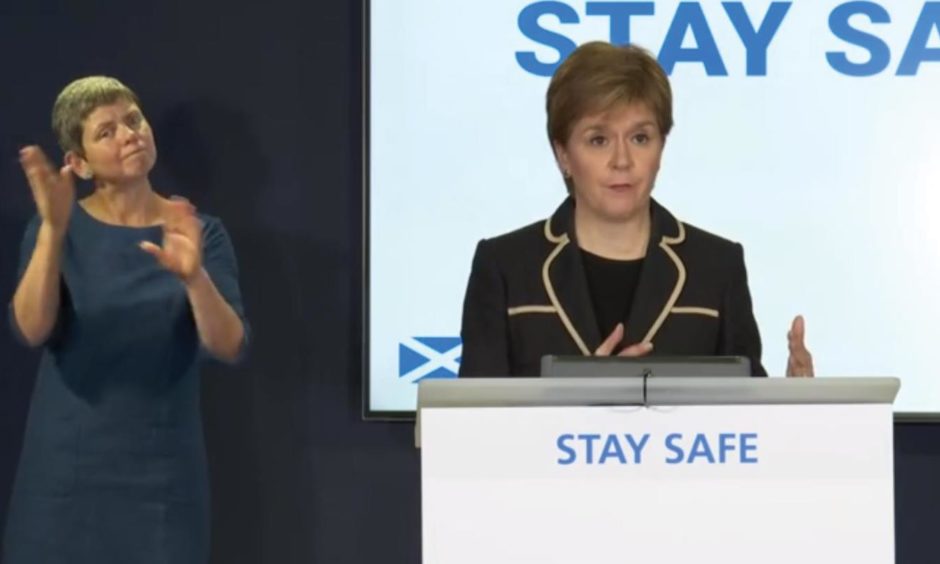Health officials have encouraged people to reconsider weekend travel plans due to concerns about a rise in the so-called Indian variant of Covid.
Daily figures published by the Scottish Government on Friday showed 641 positive tests for coronavirus across the country – the highest total since March 25.
First Minister Nicola Sturgeon has revealed it is believed at least 50% of the cases in Scotland are linked to the more infectious strain.
While cases have predominantly been confined to the Central Belt until now, NHS Grampian has said a “small number” have been detected in the north-east while NHS Tayside has warned of a “significant rise” in Dundee.
NHS Grampian ‘worried’ about new variants
Concerns have been raised across the UK about the rise of the Indian, also known as the April-02, variant of coronavirus.
The Scottish Government has introduced rules barring travel to Bedford, Bolton and Blackburn in England due to the rise of cases there.
Now NHS Grampian has encouraged residents to rethink travel plans for the weekend to limit the chances of importing or exporting Covid from the area.
Warm weather over the coming days is expected to lead to a rush of people socialising and enjoying the outdoors.
Jillian Evans, NHS Grampian’s head of health intelligence, said: “We saw how quickly the situation changed in Moray, and it could happen again.
“The main thing, if we want to stay open, is to take small actions. It’s fantastic to be outdoors but it’s important to continue to be tested.
“The best thing to do is to stay within the guidance and not take unnecessary risks.
“If visitors are coming to Moray or Aberdeenshire then please be tested so you don’t bring any Covid variants with you.
“Similarly, reconsider if you want to be travelling in other parts of Scotland. It’s great to have freedoms and be able to socialise to a certain degree but it’s about going slowly, you don’t need to do everything at once.”
Ms Evans explained that similar methods used to tackle the recent rise of cases in Moray, which included expanded testing and an accelerated Covid vaccine rollout, would be used if cases of the Indian variant increased in Grampian.
She said: “Our response to an outbreak or increased transmission would be the same as it was for the Kent variant.
“The job would be harder though if there are even more people to try and manage though. We are worried about any new variant.
“The vaccination programme is very important. Whether the April-02 variant lead to an increase in serious illness is not known at the moment.
“The signs are probably positive, but more information is needed.
“We’re not only worried about hospital cases though, some people continue to have symptoms for five to 12 weeks, which really interferes with their lives.”
Scottish Covid cases jump by 25% in a week
Ms Sturgeon has said there are “causes for concern and optimism” in the latest daily data.
The first minister explained the country was currently in a “transition phase” between managing outbreaks through tighter lockdown restrictions to a new approach with more freedoms once more people are vaccinated.
However, she warned experts were still learning about the new strain and urged people to continue to take Covid precautions – even if they have received their first vaccination jag.
Ms Sturgeon said: “Cases are rising across Scotland, they have increase by more than a quarter in the last week and they are now more than double what they were in early May.
“One factor behind the increases is the April-02 variant, which probably now accounts for 50% or more of our daily cases.
“The increase does seem to be concentrated in the younger age groups, which may indicate that vaccinations are having a protective effect on elderly people.”
Ms Sturgeon said experts were currently monitoring closely whether vaccinations were “breaking the link” between a rise in Covid cases and a rise in hospital admissions.
Focus on Covid vaccinations while Indian variant continues to spread
The latest Scottish Government announcement confirmed Glasgow would remain in Level 3 restrictions for at least the next week.
Cases in the city are continuing to rise with concerns about increasing infection rates in neighbouring authorities.
Professor Rowland Kao, an epidemiologist at Edinburgh University, told BBC Scotland it was important to slow the spread of the so-called Indian variant to allow the vaccination programme to protect more people.
He said: “We want to slow it down as much as possible to get the vaccination numbers up. We are talking about using vaccinations to protect individuals now.
“We expect the disease to keep spreading but the more people who are vaccinated before it spreads, the better off we will be.”



